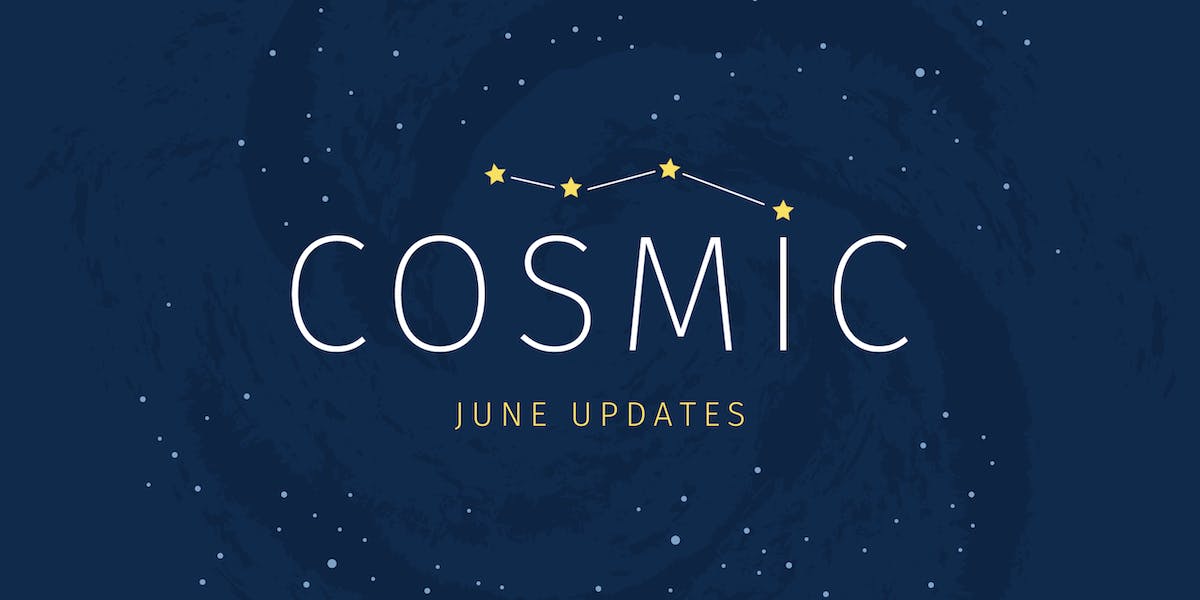

Isn’t this site proof that the internet doesn’t have to die as a whole? I mean, I agree with your sentiment, but I feel that this will mostly hit the middle to high traffic sites. The community based ones with organic discovery will remain OK I think. This might even evolve back to an early internet age of smaller hobbyist sites because there no longer is big money in the internet (apart from what google captures as “their” internet)



These books were purchased by them before being destroyed in the scanning process. I fail to see the issue with this specific case. Lots of artists buy stuff and irreversibly modify it. Are we going to be angry now at people who glue their puzzles or use parts of books for scrapbooking? If these were unique works there would be an issue, but I don’t think that truly unique pieces would be in their target group, as the destructive scanning is all about cost cutting and unique works cost a lot of money that they wouldn’t just destroy.
The fact that they use it for model training and later sell access to that model’s work is the shady part that has a severe whiff of plagiarism to it.